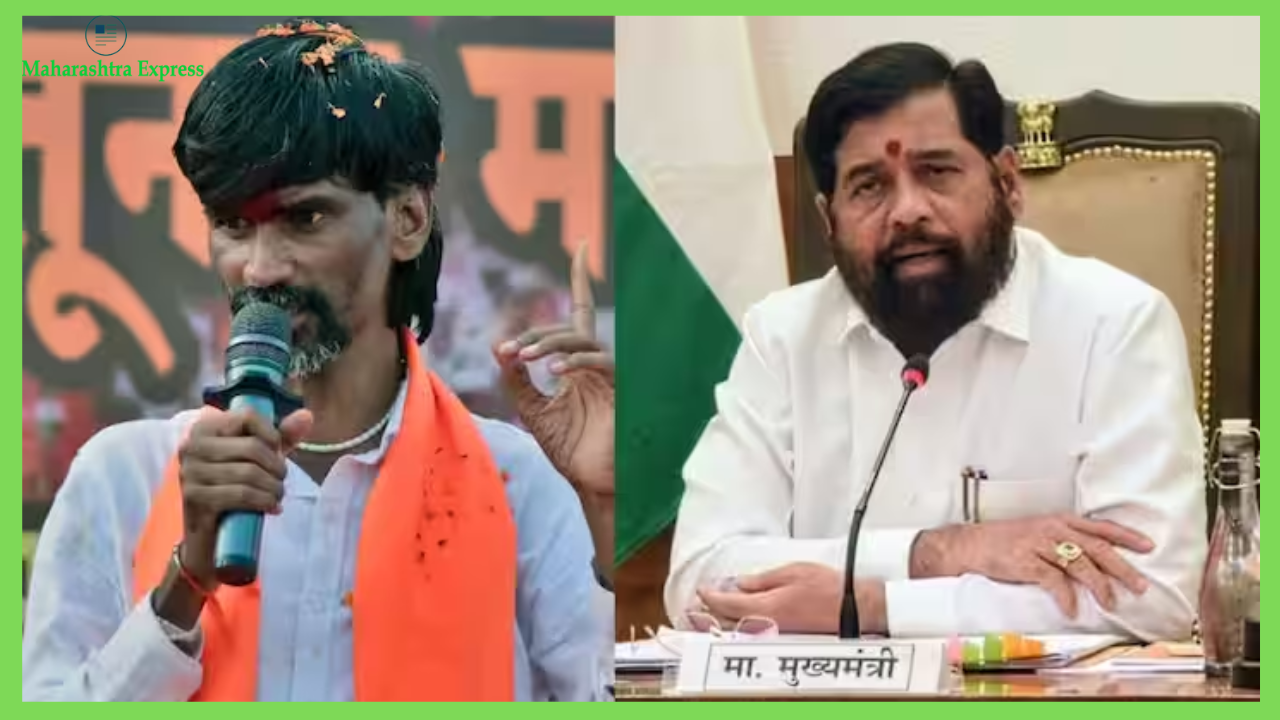Taking a big decision, the Maharashtra Government has passed the Maratha Reservation Bill from the Assembly. This bill has been passed unanimously. After this, people of Maratha community will get 10 percent reservation in jobs in Maharashtra.
Maratha reservation was approved in Maharashtra Assembly on Tuesday. This bill has been passed unanimously by the Assembly. 10 percent Maratha reservation has been recommended in this bill. With this, the Maratha community will get the benefit of reservation in education and jobs. This bill will now be placed in the Legislative Council. A special session of the legislature has been organized today regarding Maratha reservation.
Earlier, Chief Minister Eknath Shinde and Deputy CM Devendra Fadnavis appealed to pass the Maratha Reservation Bill unanimously and with full majority. However, opposition leaders as well as the lone member from the ruling party, NCP leader and minister Chhagan Bhujbal, stood up to object to the bill. At the same time, opposition leader Vijay Wadettiwar has agreed to the bill.
According to the draft of the bill, the government has given 10 percent stake to the Maratha community. According to the draft of the bill, the commission had submitted its report to the state government on 16 February 2024.
The conclusions and estimates that have emerged in this report are as follows…
1. The number of students completing secondary education and graduation, post-graduation and professional education in the Maratha community is at a low level.
2. Economic backwardness is the biggest obstacle in education.
3. Inadequate education often leads to poverty and inadequate education.
4. Maratha families below poverty line and having yellow ration cards are 21.22 percent.
5. Open category families are 18.09 percent below the poverty line.
6. The percentage of Maratha families is higher than the state average (17.4%) which shows that it is economically backward.
7. There is inadequate representation of the Maratha community in all areas of public employment (government).
8. Therefore they are entitled to special protection to provide adequate reservation in services.
9. Weak Maratha community Economic data shows that the economic condition of Maratha community is even lower than that of non-open category.
10. Statistics of farmer suicides show that 94 percent of those who commit suicide are from the Maratha community.
11. The financial source of income of the vulnerable Maratha community is decreasing and the Maratha community will have to depend on the work provided by Mathadi workers, porters, constables, sanitation workers, helpers, domestic workers, cabmen, drivers etc.
The report said that the economic condition of the Maratha community deteriorated due to factors like low returns from agriculture, fragmentation of land holdings, loss of prestige associated with agriculture etc.
12. If the Commission examines the cases of reservation prevalent in different parts of the country, the limit of reservation has been increased by some states.
Bihar has passed the Vacancy and Service Reservation Amendment Bill, while Tamil Nadu has 69 percent reservation.
13. The Commission has examined the data of states giving more than 50 percent reservation. In case of some exceptional circumstances, the limit of 50 percent can be increased.
14. Such reservation of more than 50 percent can be provided under Article 14 of the Constitution of India.
15. The Commission believes that the deprived Maratha community is a deprived class which needs to be classified separately from the existing backward classes.
16. The Commission has found that the Maratha community is 28 percent of the total population.
17. Many castes and groups with about 52 percent reservation are already in the reserved category. It would be unfair to classify the Maratha community, which constitutes 28 percent of the population in the state, in the category of Other Backward Classes.
18. The Commission believes that this community is a socially and educationally backward class as per Article 342C of the Constitution as well as amended Article 366(26C).
19. Reservation for the weaker Maratha community is the need of the hour. If this is not done quickly, it will result in complete imbalance in the society, social exclusion, increasing inequality and increase in the incidence of social injustice as well as collapse of the society.
Commission’s recommendations
1. It has been recommended to declare the Maratha community as a socially, educationally and economically backward class of citizens.
2. Maratha community needs to be notified as a socially and educationally backward class under Article 342C and Article 366(26C) of the Constitution.
3. There is a need to create a separate social component of the Maratha community, separate and independent from the existing reserved caste.
4. The benefits of reservation may be reviewed from time to time, every ten years.
5. The state government can provide adequate percentage for this.
State government’s proposal in Maratha reservation bill
1. The report and findings of the Commission have been carefully considered and accepted by the State Government.
2. Maratha society is socially and educationally backward. According to Article 342(C) and Article 15(4), 15(5) and Article 16(6) of the Constitution, reservation should be given for that class.
3. Existence of exceptional situation granting reservation to the Maratha community to the extent of more than 50 percent.
4. The Maratha community is expected to be given 10 percent reservation in public services and 10 percent reservation is also required in admissions in educational institutions.
5. The provision of providing reservation for admission in educational institutions other than minority educational institutions in public services for the upliftment of socially and educationally backward classes is required by law.
6. Clause (3) of 342C of the Constitution empowers the State to make laws to prepare and maintain a list of socially and educationally backward classes for State purposes.
7. The Government of Maharashtra believes that it is desirable to enact a new Act for this purpose.

